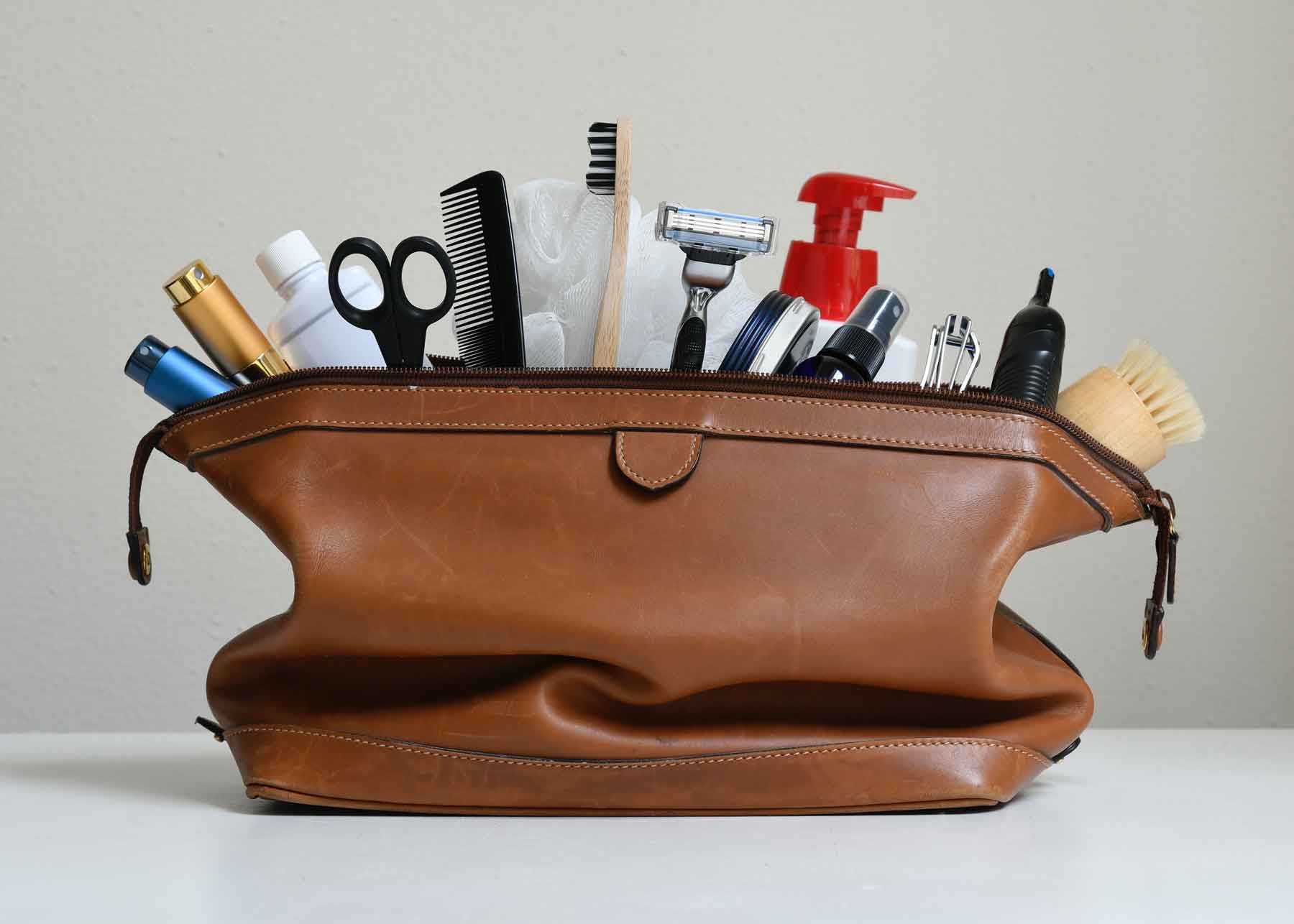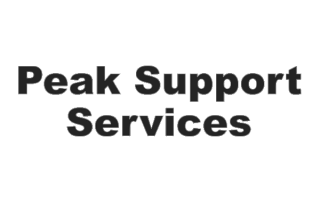
Maintaining good hygiene is an essential aspect of daily self-care that contributes to a person’s overall health and well-being. However, youth with Fetal Alcohol Spectrum Disorder (FASD) often face unique challenges when it comes to hygiene routines. FASD is a lifelong disability caused by prenatal alcohol exposure, resulting in cognitive and behavioral impairments. As caregivers, it is crucial to understand these challenges and implement effective strategies and accommodations to promote healthy hygiene habits. In this blog post, we will explore the specific hygiene difficulties faced by youth with FASD and provide practical strategies that caregivers can use to support their hygiene routines.
Understanding Hygiene Challenges in Youth with FASD:
- Executive Functioning Difficulties: Youth with FASD often struggle with executive functioning skills, including planning, organizing, and initiating tasks. These challenges can make it difficult for them to follow a consistent hygiene routine or understand the necessary steps involved.
- Sensory Sensitivities: Individuals with FASD may have sensory sensitivities that can affect their tolerance for certain textures, smells, or sensations associated with hygiene activities. These sensitivities can lead to resistance or discomfort during grooming tasks, such as brushing teeth or bathing.
- Memory and Sequencing Issues: Memory and sequencing difficulties are common in FASD. Remembering the specific steps involved in proper hygiene and the order in which they should be performed can be challenging for youth with FASD.
Strategies and Accommodations for Caregivers:
- Establish a Predictable Routine: Create a consistent daily hygiene routine with clear expectations and visual cues. Use visual schedules or checklists to help youth with FASD understand and remember the steps involved in their hygiene routine. Make sure to provide gentle reminders and prompts as needed.
- Break Tasks into Smaller Steps: Break down hygiene tasks into manageable and sequential steps. Provide explicit instructions and demonstrate each step if necessary. For example, break toothbrushing into separate steps like wetting the toothbrush, applying toothpaste, brushing teeth in a circular motion, and rinsing.
- Use Visual Supports: Visual supports can enhance understanding and independence in hygiene tasks. Utilize visual prompts such as pictures, diagrams, or social stories to illustrate proper hygiene techniques and reinforce the importance of each step. Visual timers can also be helpful in establishing appropriate time limits for different tasks.
- Accommodate Sensory Sensitivities: Be mindful of sensory sensitivities and make necessary accommodations. Offer alternative hygiene products with different textures or scents that are more tolerable for the individual. Consider using gentle and gradual desensitization techniques to help them become more comfortable with sensory aspects of hygiene.
- Provide Positive Reinforcement: Offer praise and rewards for good hygiene habits. Positive reinforcement can motivate and encourage youth with FASD to engage in and maintain healthy hygiene routines. Celebrate their efforts and progress, reinforcing the positive benefits of practicing good hygiene.
- Seek Occupational Therapy Support: Consult with occupational therapists who specialize in working with individuals with FASD. They can provide tailored strategies and interventions to address specific hygiene challenges based on the individual’s needs.
Promoting healthy hygiene habits in youth with FASD requires understanding, patience, and tailored strategies. By addressing the specific challenges they face and implementing accommodations such as establishing routines, using visual supports, accommodating sensory sensitivities, and providing positive reinforcement, caregivers can support their journey toward better hygiene practices.
We invite caregivers to share their own strategies that have worked for them. By sharing our knowledge and experiences, we can create a supportive community of caregivers, fostering collective learning and growth!
Article from Edmonton and area Fetal Alcohol Network Society











